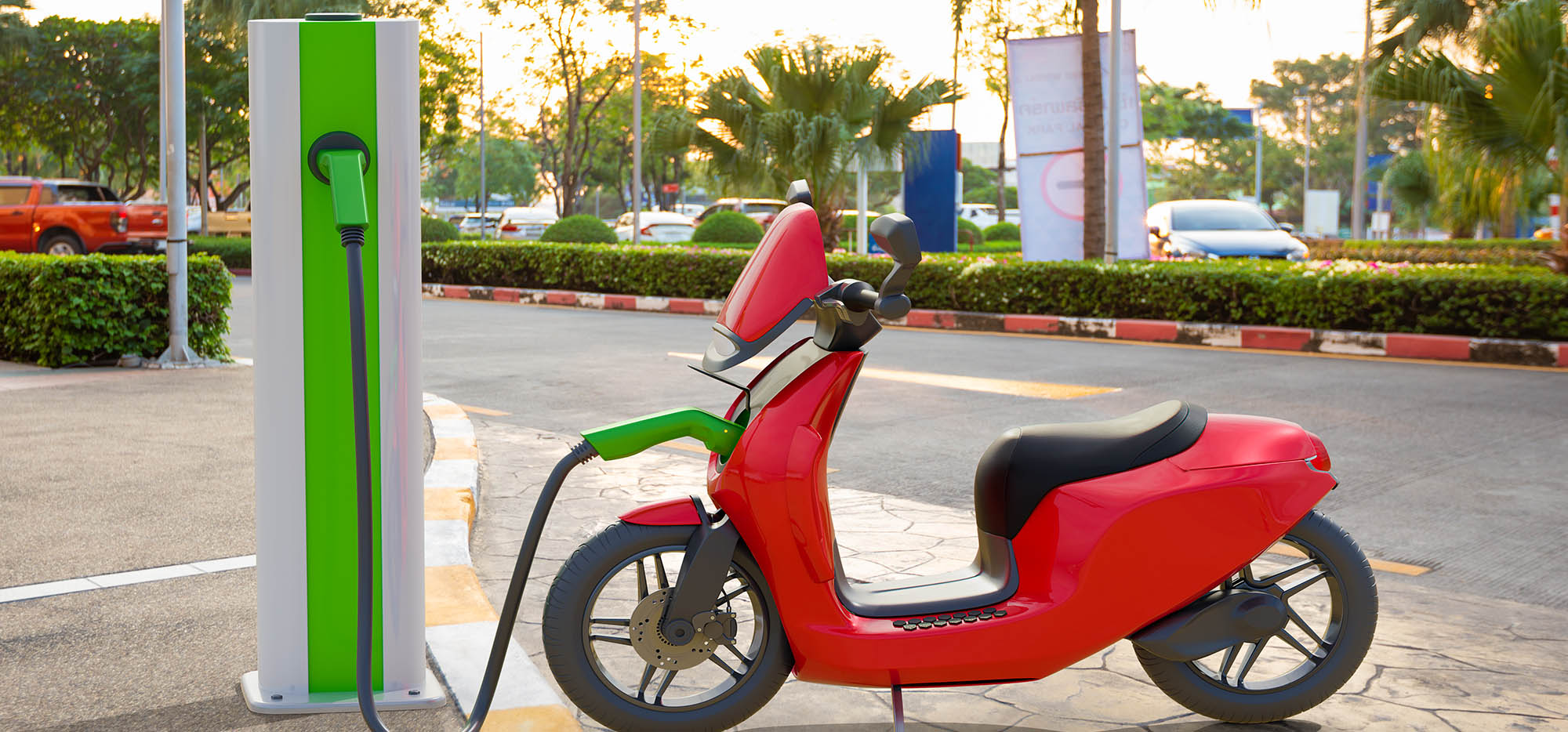
Green Logistics: The Link Between Sustainability and Competition
Green Logistics: The Link Between Sustainability and Competition
With the increasing demand for fast and reliable delivery services, there is also a rising need for sustainable solutions that minimize carbon emissions and environmental impact. This is where green logistics comes in. Green logistics is the practice of incorporating eco-friendly strategies into the transportation and delivery of goods. From using electric vehicles to optimizing delivery routes, there are plenty of ways for logistics companies to go green without sacrificing efficiency or profitability.
Strategies and Solutions
Automate route optimization
By using software to optimize delivery routes based on factors like traffic, weather, and package weight, businesses can reduce fuel consumption, lower emissions, and improve overall efficiency.
Order batching
Order batching involves grouping multiple orders for delivery to the same area or location, which can increase drop density and reduce the number of vehicles needed for delivery, ultimately cutting costs and reducing carbon emissions.
Hyperlocal deliveries
By using local stores as distribution centers for online orders, businesses can reduce the distance and time required for delivery, resulting in lower transportation costs and emissions.
Eco-friendly delivery options
By prioritizing the use of electric delivery vehicles and eco-friendly packaging, businesses can significantly reduce their carbon footprint and improve their sustainability credentials.
Sustainable options at checkout
By offering incentives such as discounts or rewards for customers who choose eco-friendly delivery options, businesses can encourage more sustainable behaviors while also reducing shipping costs.
Digital documentation
By digitizing the entire logistics process, businesses can reduce paper waste, increase efficiency, and improve tracking and visibility, ultimately cutting costs and improving sustainability.
Potential Challenges
Regulatory compliance
Compliance with environmental regulations and standards can be complex and time-consuming, which may add additional costs and challenges for businesses. Automating route optimization and order batching requires sophisticated software and data analytics, which can be expensive to implement and maintain, especially for smaller businesses.
Resistance from customers
Offering sustainable delivery options at checkout may not be popular with all customers, and some may prefer traditional delivery methods, which can impact adoption rates and reduce the effectiveness of incentives.
Infrastructure limitations
Adopting electric delivery vehicles or using bicycles for local delivery may require significant investments in charging stations or bike lanes, which may not be available or feasible in all areas.
Increased complexity
Implementing a hyperlocal delivery model or using multiple delivery methods (e.g., bikes, EVs, partner fleets) can add complexity to the logistics process, which may require additional resources or staff training.
Is there a link between sustainability and competition?
Sustainability helps to reduce the negative impact of transportation and logistics activities on the environment, which in turn benefits human health and well-being. By reducing carbon emissions, air and water pollution, and waste, green logistics can help create healthier and more sustainable communities for people to live and work in. Secondly, green logistics can improve social equity by reducing the environmental burden on low-income and marginalized communities. These communities often bear a disproportionate share of the negative impacts of transportation and logistics activities, such as increased noise and air pollution, which can lead to health problems and reduced quality of life. By adopting eco-friendly logistics strategies, businesses can help to reduce these impacts and promote greater social equity.
Sustainability has become increasingly important in today's business world as consumers, investors, and other stakeholders have become more environmentally conscious. As a result, businesses that adopt sustainable practices can differentiate themselves from their competitors and attract environmentally conscious consumers. One of the key ways in which sustainability can provide a competitive advantage is through brand differentiation. By adopting sustainable practices, businesses can communicate their commitment to environmental responsibility and demonstrate their values to consumers. This can help to build brand loyalty and trust, and attract environmentally conscious consumers who are willing to pay a premium for sustainable products and services.
Sustainability can also help businesses to reduce costs and increase efficiency, which can contribute to improved competitiveness. For example, businesses that adopt eco-friendly logistics strategies such as route optimization and order batching can reduce transportation costs and improve vehicle efficiency, which can lead to cost savings and increased profitability. Similarly, businesses that reduce waste and improve resource efficiency can reduce costs associated with raw materials and energy consumption.
In addition, sustainability can help businesses to minimize risks and build resilience. By reducing their environmental impact and carbon footprint, businesses can mitigate their exposure to supply chain risks associated with climate change and other environmental factors. This can help to protect their reputation and reduce their exposure to regulatory and legal risks. Furthermore, sustainability can foster innovation and collaboration, which can lead to new opportunities for growth and competitiveness. Sustainability challenges often require creative solutions that can lead to new products, services, and business models. Collaboration with suppliers, partners, and other stakeholders can also lead to new opportunities for innovation and growth.
Therefore, sustainability can provide businesses with a competitive advantage by differentiating their brand, reducing costs, minimizing risks, fostering innovation and collaboration, and contributing to the development of a more sustainable and resilient economy.
Let’s Sum Up
From incentivizing sustainable delivery options at checkout to digitizing paper trails, businesses have numerous strategies available to them to promote sustainability throughout their logistics operations. However, implementing these strategies can present various challenges, including high upfront costs, technological limitations, and the need for employee training and engagement. Despite these challenges, the benefits of green logistics are clear. By embracing sustainable logistics solutions, businesses can achieve both environmental and economic benefits.